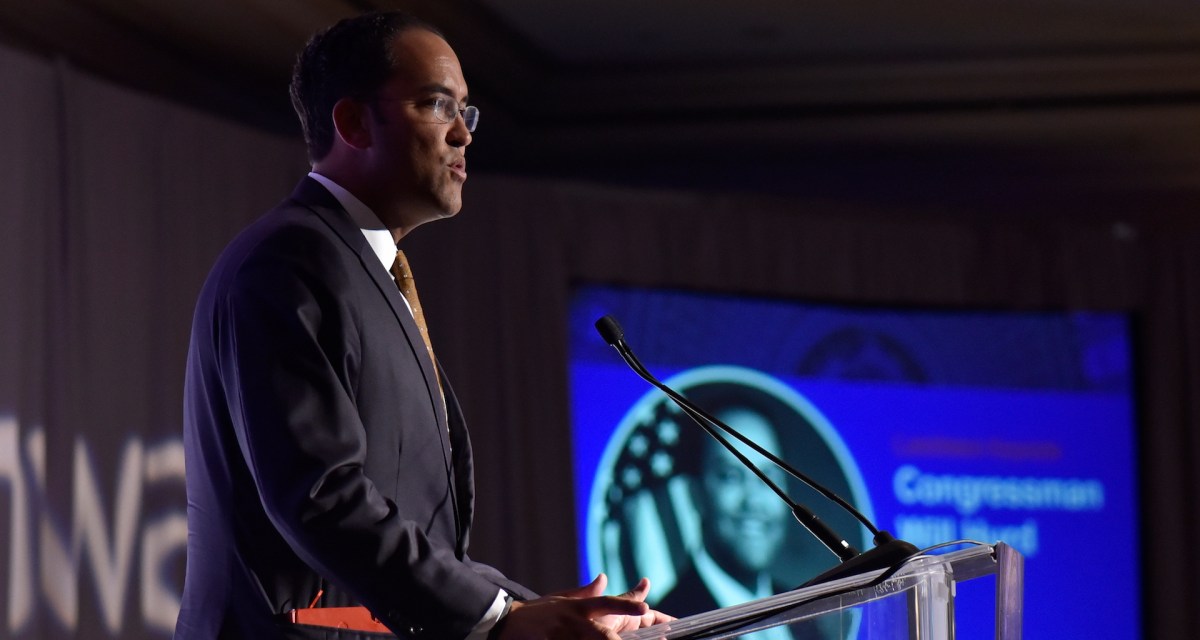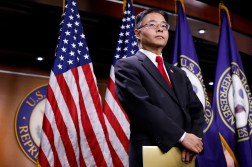Reps. Hurd, Kelly call for Congress to show AI more attention

The chairman and ranking member of the House Oversight and Government Reform Subcommittee on IT are both interested in the potential artificial intelligence holds and think the U.S. should do more to support it.
Reps. Will Hurd, R-Texas, and Robin Kelly, D-Ill., called for an AI national strategy Tuesday on the heels of a report the pair authored detailing the technology’s promise and the need for more congressional and presidential support of it.
“We need a national strategy similar to what we saw in the conversations around quantum computing yesterday at the White House,” Hurd said in a conference call with the media. “Part of that strategy needs to include increasing basic research, opening up data sets and making sure the United States is playing a part in the leadership on ethics when it comes to artificial intelligence, especially around bias.”
In the report, Hurd and Kelly call for increased research and development funding for the technology to keep pace with global rival China. They also urge for more focus on the education and training programs built around teaching citizens how to use AI, as well as initiatives to focus on any privacy and bias challenges that could arise.
AI has gotten increasing attention for its potential to upend the nature of work by taking over a number of labor-intensive tasks and increasing data-driven efficiencies. But the pair said AI hasn’t gotten enough attention on Capitol Hill for the opportunities it presents.
“I think only eight hearings have been done on artificial intelligence in Congress, three of them were done by Robin [Kelly] and I,” Hurd said. “I think this report was to lay a foundation for future focus by Congress and other parts of the government.”
The report calls on the government and Congress to better assess how AI development can be supported, whether by making federal data sets available to the public by passing legislation like the OPEN Government Data Act or by leveraging national competitions similar to the grand challenges hosted by Defense Advanced Research Projects Agency to promote competition and innovation.
“I think this would be a great opportunity for public-private partnerships,” Kelly said.
The pair is also interested in how the government uses the technology, particularly when it comes to ethics. Citing the fallout from Google’s decision not to continue work on the Air Force’s Project Maven initiative after its employees voiced concerns about military use of AI, Hurd said the government should exert a greater influence on crafting the guard rails for the ethical use of the technology.
“We, the U.S., should be a leader on making sure there’s international standards, so whenever anybody ever deviates from that standard, there’s international pressure to get them to comply,” he said.
Ultimately, given the growing discussion of AI and the potential of its impact on society, both Hurd and Kelly said it’s time for Congress to take a deeper role in fostering the technology’s growth and its governance.
“This is an opportunity for all agencies and oversight committees to be looking at this issue to help fuel what’s happening on the ground with artificial intelligence,” Hurd said.




